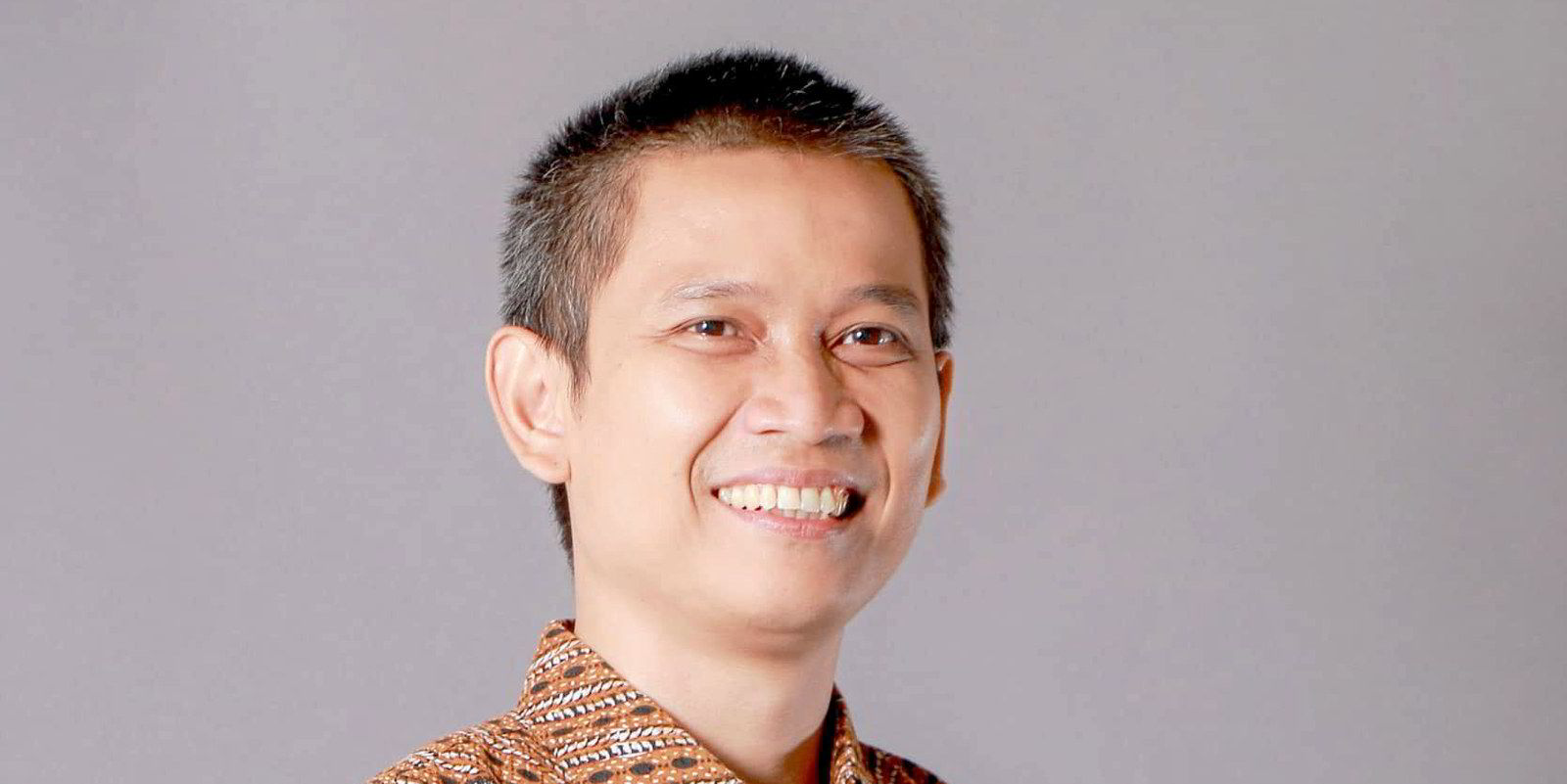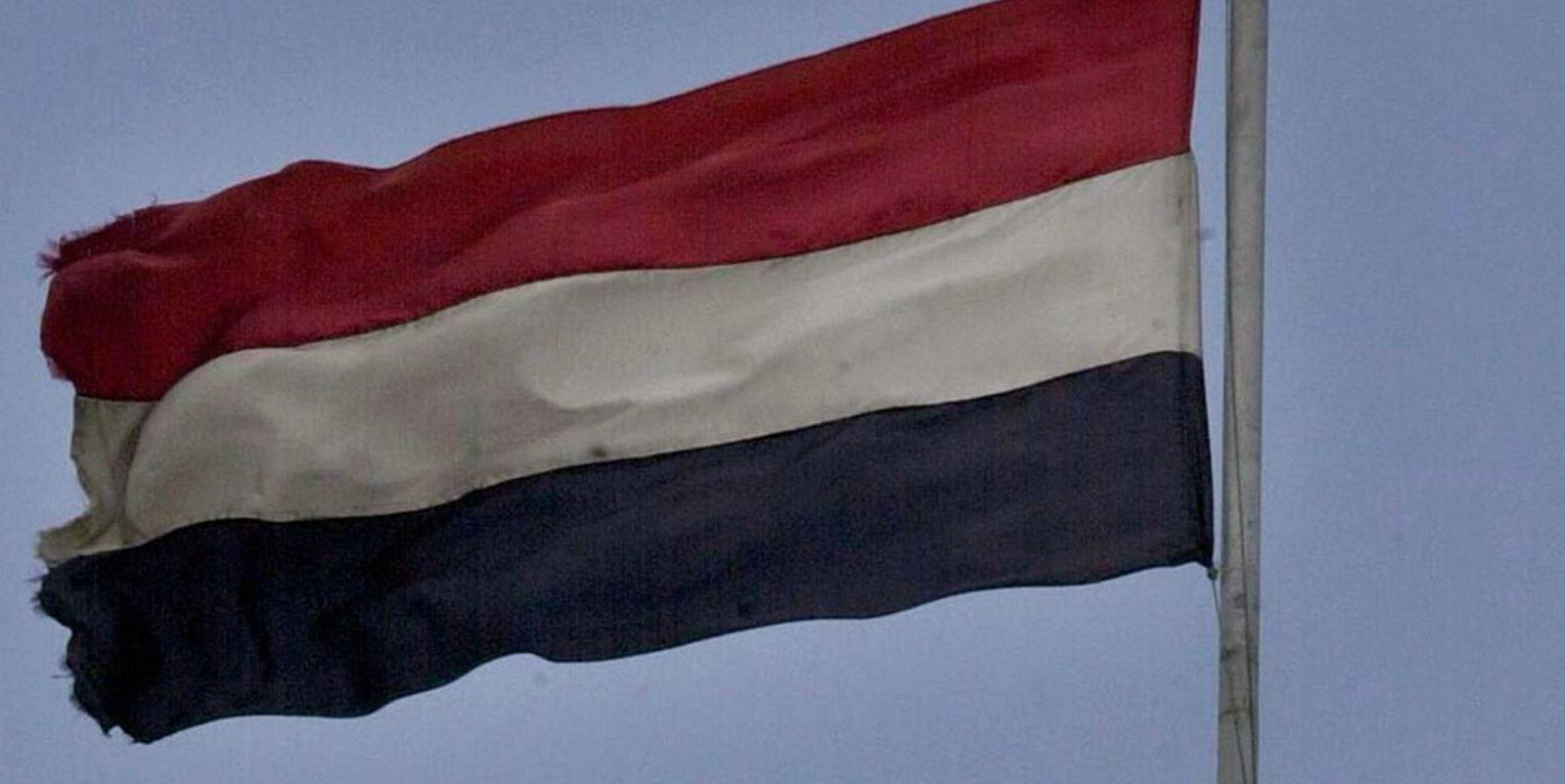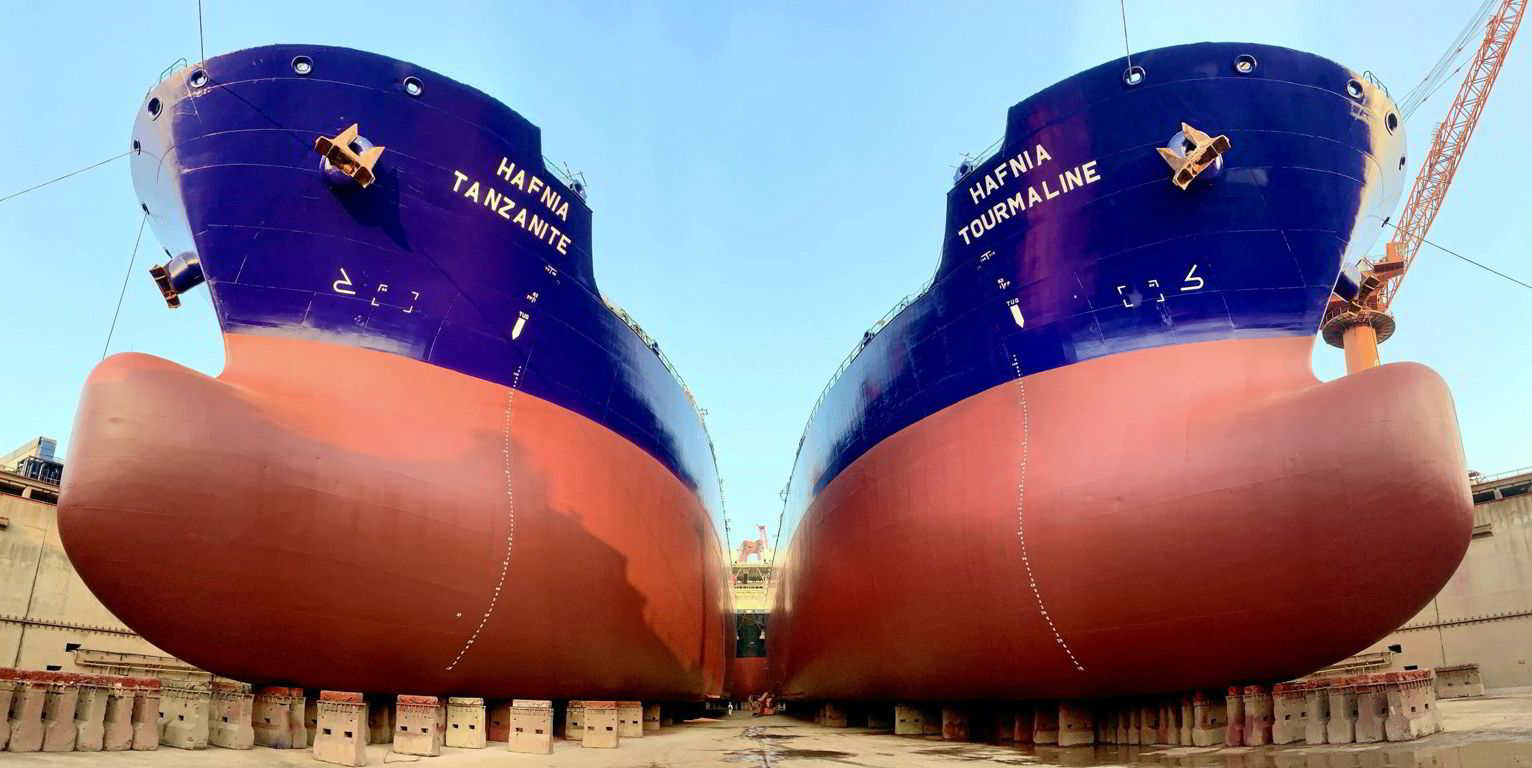Indonesian state energy firm Pertamina is plotting a huge $3bn fleet-renewal and diversification scheme.
The cash will be spent over the next five years to lower the average age of its tankers and LPG vessels, and enter the LNG carrier arena.
Vessel operating unit Pertamina International Shipping operates more than 400 ships, including three VLCCs and two VLGCs.
VesselsValue assesses the fleet to be worth $1.4bn.
Wisnu Santoso, a director at Pertamina International Shipping, told reporters: “We will invest big in replacing vessels.
“We want to reduce the average age of our fleet within the next five years to 15 years from currently at around 20 years.”
The company is also looking at LNG shipping as it expects demand to increase for the less-polluting fuel.
Santoso acknowledged that shipyards are at full capacity and that building new vessels could be expensive due to high demand.
But he added that the company is open to purchasing secondhand units as long as they still have good economic value.
In October, Pertamina International Shipping signed an initial agreement for a strategic partnership with Japan’s NYK Line in the LNG logistics business on domestic or international routes.
The shipowner has not revealed details, saying plans are being finalised.
Pulling back on plans?
The $3bn target appears to be a downgrading of Santoso’s comments last year about promising a $4bn investment over seven years to replace 23 vessels, although LNG ambitions were not mentioned at that time.
The flagships of the Pertamina fleet are a pair of 301,800-dwt VLCCs — the Pertamina Prime and Pertamina Pride — that shipbuilder Japan Marine United delivered in 2021. The other VLCC dates from 2004.
The fleet also includes eight aframaxes, 19 handysizes and 45 smaller tankers, a floating storage regasification unit, a floating production storage and offloading vessel, a floating storage unit, a passenger ferry and a small cargo vessel.
Pertamina has only bought six ships since 2014.
The latest was the 50,000-dwt MR St Katharinen (built 2013), acquired in May from Shenlong Maritime in Singapore for $22.9m.
Earlier this year, Pertamina hooked up with Japanese partners Inpex, Osaka Gas Co and JGC Holdings Corp to explore the feasibility of producing bio-methane from palm oil mill effluent (POME), with a view to using this for domestic supply and marine bunkering.
The four companies have signed up to a joint study agreement under which they will cooperate on the research and development of technologies and solutions for the production of bio-methane from POME resources located in Sumatra and Kalimantan.






